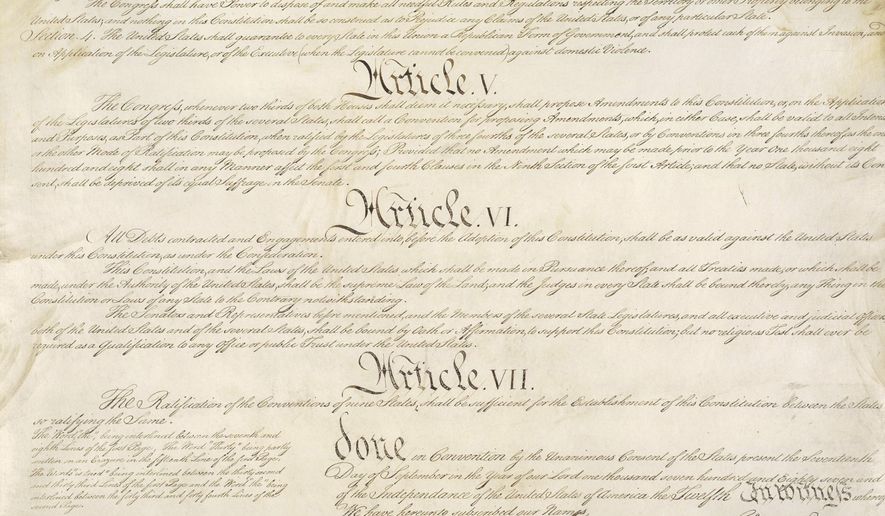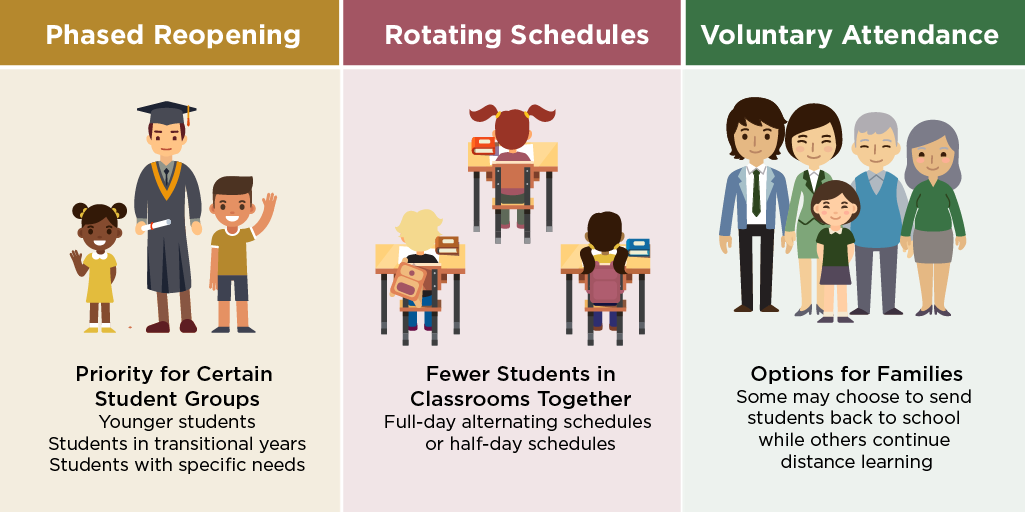| blog.google |
It is a lovely Tuesday afternoon in the blogosphere and Yours Truly is here for you. Big news coming out of the Biden campaign. VPOTUS Joe Biden (D-DE) is getting ready to announce his running mate. Yours Truly does not envy the Gentleman from Delaware having to decide which brilliant, successful, independent minded woman will join him on the Democratic ticket. Both Blogger and The Candidate Forum have a favorite but will it be her or someone else? Keep your eye on former National Security Advisor Susan Rice, Senator Tammy Duckworth (D-IL), Representatives Val Demmings (D-FLA) and Karen Bass (D-CA). They are sort of under-the-radar choices that bring with them strengths and weakness. Regardless, the moment will eventually dictate the decision. There is no right choice, just the best person for the job, whoever she ma be. Onward
Every ten years, the United States undertakes a census, a tally every person living in all fifty states and five territories. During ancient times (before the internet) someone used to go around, knock on people's door to ask them a few questions, or everyone had to fill out a form by hand. As Yours Truly said, ancient times. The Census is mandated by The United States Constitution.
 |
| The section of The Constitution regarding The Census m.washingtontimes.com |
"The U.S. Constitution requires only that the decennial census be a population count" (census.gov; July 28, 2020). The first census was conducted in 1790. Throughout the nineteenth century, the decennial census steadily expanded as the country grew in size. By the beginning of the 20th-century, census takers collected demographic information on the demography, agricultural, and economic topics, as well as hundreds of subjects. The work of processing and collating the data kept the Census Office open for most of the decades following the 1880 and 1890. As the decennial census grew in complexity, Congress passed legislation creating a permanent Census Office within the Department of the Interior on March 6, 1902 (Ibid). On July 1, 1902, the U.S. Census Bureau formally opened its doors under the leadership of William Rush Merriam (Ibid)
In 1903, the Census Office was moved to the newly created Department of Labor and Commerce, remaining with Commerce when the department was split in two in 1913 (Ibid). Why is The Census important?
| Why The Census is important examiner.org |
The short answer is it is about fair representation, your civic duty, it is about redistricting, and everyone counts. The long answer is more detailed. Everyone, regardless of citizenship status, is required to respond. Thanks to modern technology you can respond using your phone (like Blogger) or other device, by phone, or fill out an actual paper form. "Responding to the census is mandatory because getting a complete and accurate count of the population is critically important. An accurate count of the population serves as the basis for fair political representation and plays a vital role in many areas of public life" (prb.org; Mar. 15, 2019; date accessed July 28, 2020). There are six key areas in which census data, collected this year, will play an important role in public life.
The first area where census data plays a significant role is apportionment. "State population counts from decennial census are sued to reapportion seats in the U.S. House of Representatives" (Ibid). Each state population count determines how each of 435 seat in The House are divided (currently California has the largest number of representatives: 45 Democrats and 7 Republicans) across each of the 50 states. It is predicted that "After the 2020 Census, southern and western states are expected to gain seats--and political clout--at the expense of states in the Northeast and Midwest" (Ibid). The first data set from the 2020 Census will be apportionment counts, impacting the size of the delegations for the 2022 midterm elections and state votes in the Electoral College for the 2024 presidential election.
State and municipal official use census results to help redraw congressional, state, and local district maps, ideally to contain roughly an equal number of people to ensure that individual voting closely matches--i.e. one person, one vote rule.
| nps.k12.nj.us |
The census results also help determine the amount of funding that state governments and municipalities receive from the federal government for the next ten years. Following the 2010, "Census Bureau data were used to distribute more than $675 billion in federal funds to states and local communities for health, education, housing, and infrastructure programs during Fiscal Year 2015" (Ibid). Accurate census results ensure that funding for vital programs be equitably distributed for numerous vital programs like Medicaid, highway planning and construction, the National School Lunch Program, and special education.
Census data results is also used to guide a wide range of government, business, and non-profit decisions. The data results are used to determine the need for new roads, hospitals, schools, and other public sector investments. Census data is also crucial to businesses as a key source of information about the America population's changing needs and preferances.
We live in the age of climate emergency and pandemic, thus "Detailed population information is critical for emergency response in the wake of disasters" (Ibid). First responders and disaster recovery teams use census data to target and how much help is needed. Accurate demographic details from the census assist epidemiologists and public health officials in tracking everything from diseases, like COVID-19, opioid epidemic, child health. Last, the "Decennial census data provide a population base for dozens of federal surveys" (Ibid). The Census Bureau's Population Estimates Program uses the information together with birth, death, and migration data to generate annual population and housing estimates. The estimates are used as "population controls for the American Community Survey, Current Population Survey, and many other federal surveys--so that the number of housing units and people in certain categories agree with the Census Bureau's official estimates" (Ibid). Does the census really matter right now?
| lwv.org |
The COVID virus has forced the Census Bureau to reconsider its approach, delayed or extended most phases of the process, reduced staff, and paused field operations (Ibid). The pandemic has forced officials to cancel job fairs used to recruit temporary field workers and forced community organization to cancel awareness programs. Although responses are coming in, there are concerns that the disruptions will diminish the accuracy of the results. "Minority groups could be undercounted, some experts say, while household able to respond online could be overrepresented. The movement of people due to the pandemic, particularly by college students sent home from campus, could also affect federal funding distribution based on the count" (Ibid). You see why the 2020 census, pandemic notwithstanding, matters.
If you need more information on the 2020 Census, please go to 2020census.gov.
